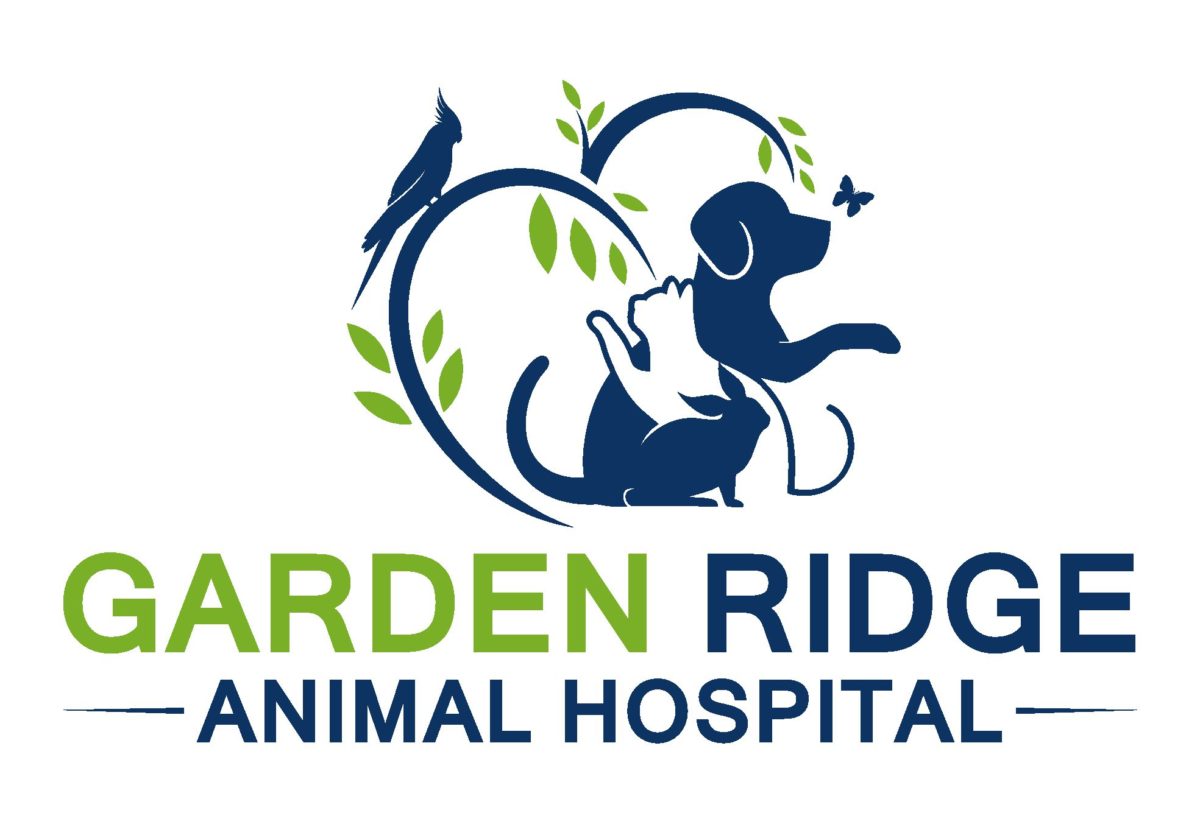All the news about the human novel Corona virus outbreak is bringing back faint memories of the Canine Parvo Epidemic in 1978/79. Actually, dogs do get a Corona virus, mostly with mild GI signs like mild Parvo. It was never contagious to humans. Humans get a respiratory parvo disease, called Fifths Disease, that has a rash like a face that has been slapped.
Way back in the dark ages of 1979, I was just being accepted in the Texas A&M Veterinary College, so I wasn’t in clinical practice yet. There was a mutation of a suspected feline or mink parvo virus, CPV2, that ran through dogs of all ages all over the world with severe vomiting, bloody diarrhea, shock, and death if not aggressively treated. It stripped the linings of the gut, allowed for bacteria to enter the bloodstream, caused septicemia, and wiped out the white cells that fight infection, which often lead to death because NO dogs had any immunity. It hit puppies and even old dogs, with a high fatality rate. Fortunately, Parvo is mostly an unvaccinated puppy disease. Many of us seasoned citizens remember with horror how devastating this disease was. And how bad it smelled.
First we discovered it was transmitted from the vomit and diarrhea, not airborne. We had to figure out the incubation (5-10 days), and how long the recovered dogs shed virus AFTER recovery(2-3 weeks!). We had trouble getting good confirmatory tests and the treatment (though mostly fluids and antibiotics for days) was expensive and cost prohibitive for many. Many dogs died. Fortunately, it didn’t affect people or cats. Some vets had whole parvo wards. I treated a 12-year-old dog for parvo in 1981 at vet school. We had a special Isolation Ward for highly contagious cases. We used a lot of bleach to disinfect cages, so we wore gloves and boots. We were worried about tracking around the hospital or bringing it home to our own dogs.
Initially, vets reached out to the only vaccine we had, feline panleukopenia. It was for the wrong species and didn’t work well. It was several years before we had good vaccines, that had lasting immunity. I remember when we vaccinated every 6 months for parvo. The technology for diagnosis took years to mature, but now we have a quick in-house swab test that gives us results in minutes. It still has flaws, and have false negatives early in the disease, or if the puppy is still nursing and has maternal antibodies. We even rarely see a false positive for a few days after vaccination. The virus had a few more minor mutations over the last 40 years, so we do see occasional outbreaks, but we have it mostly under control now. Some breeds seem more susceptible, like the Rottweiler, Doberman Pinscher, Labs, and Pit bulls.
I hope and pray we get this Covid 19 virus under control quicker than we did Canine Parvovirus. I am optimistic about improvements in testing, treatments, and vaccination. But I am realistic, so for now am focusing on sanitation and avoiding this novel virus in humans.
https://en.wikipedia.org/wiki/Canine_parvovirus
Like this:
Like Loading...



